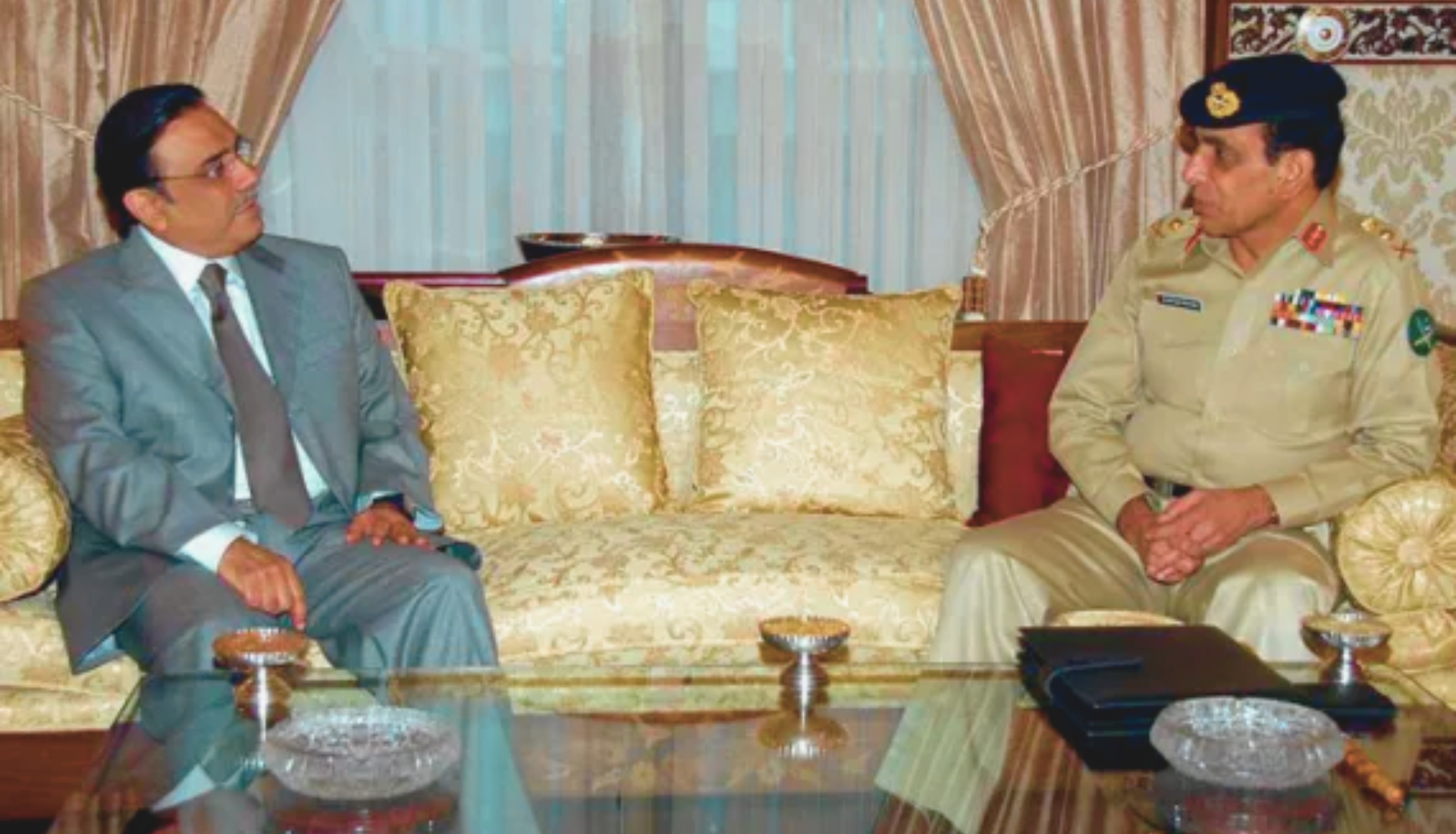The extension of the lockdown by the government has severe repercussions for the economy as it
would deteriorate India’s GDP forecast for FY2020, to a contraction of 2 percent. These
estimates will be achieved on the assumption that the lockdown will extend till mid-July and
thereby, the engine of the economy will restart by August. RBI also expects a gloomy picture
and has pegged the contraction as high as 5 percent. Strict lockdown in COVID-19-affected parts
of the economy continues while some parts have reopened.
The government has extended the nationwide lockdown to June 30, 2020. The estimates for the
economy get bleaker with each passing phase. If no vaccine is made by the time the deadline
lapses, the government will continue with the semi-lockdown phase. Analysts have
recommended higher fiscal spending as the need of the hour. The wider fiscal deficit will also be
a result of lower tax collections this year.
Though there are concerns of a wider gap, the analysts justified it with growth trending a full 9
percentage point below the potential. The government will fund the deficit through a USD 13.3
billion increase in OMOs to USD 88.5 billion.
Also See: The response of countries to Covid-19






